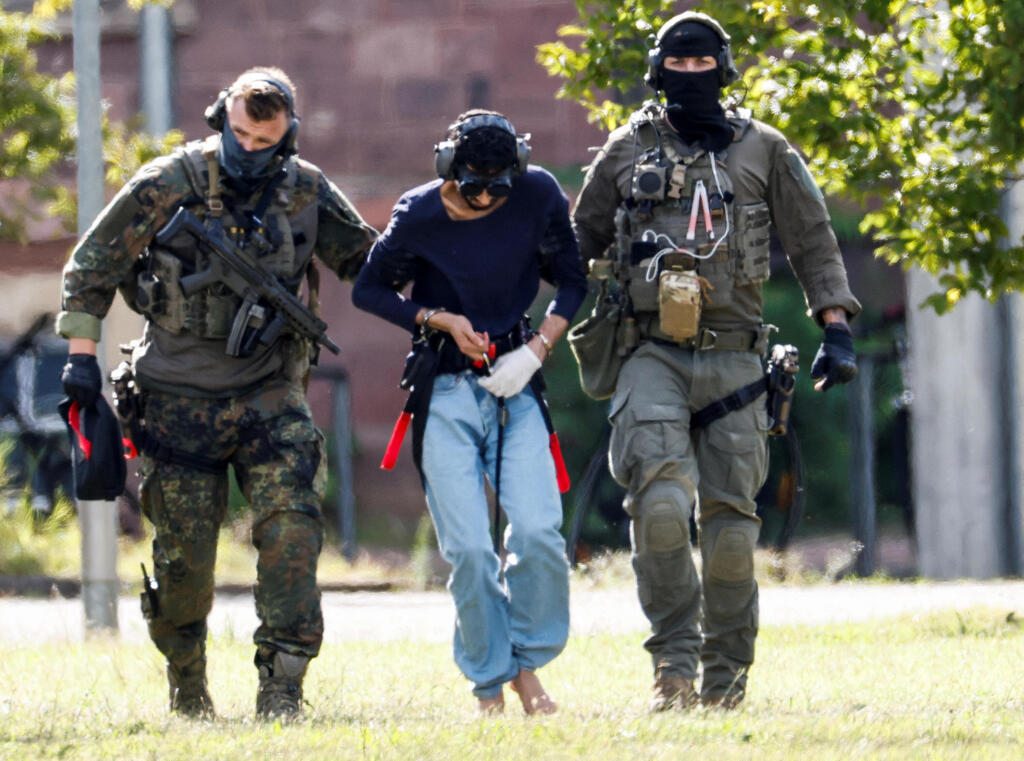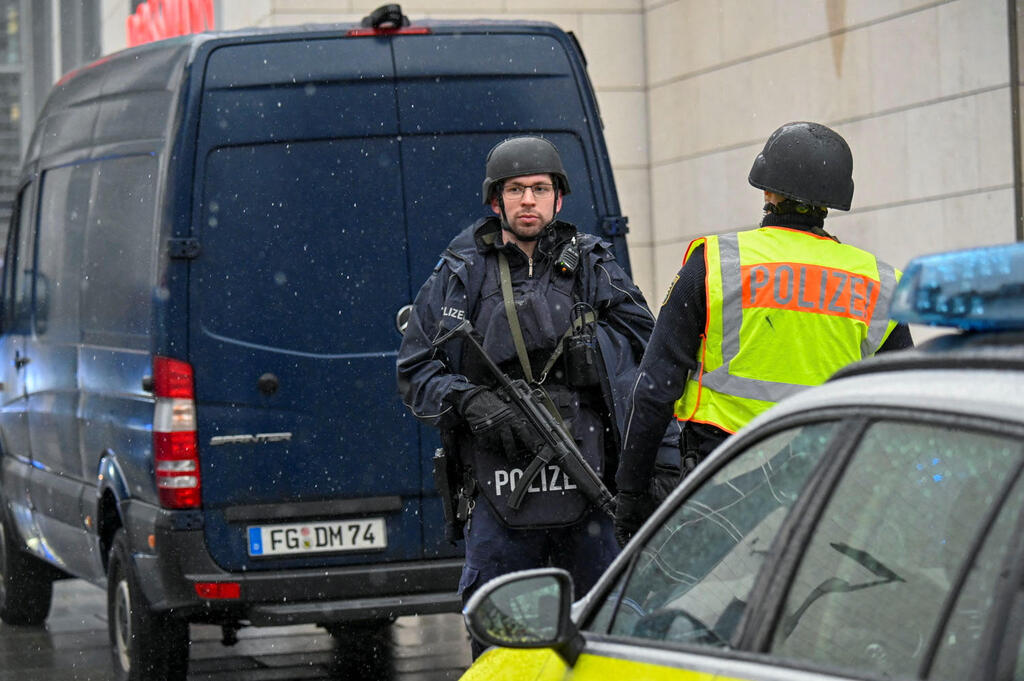Europe lost its immunity to jihadist terrorism in the Madrid train bombings in 2004. According to investigations into these bombings, this assault was orchestrated by a group of homegrown Muslim extremists enraged by the Spanish government’s endorsement of the Iraq war.
As a relatively new phenomenon at the time, this Al Qaeda-style threat has since required European governments to work more closely, both bilaterally and within the union.
In the past few months, authorities in France, Belgium, the Netherlands and Sweden have all increased their alert levels, citing the risk of Islamist terror. Needless to say, the terror threat level in Europe right now is at the highest in France and the second highest level in Belgium. The terror level in Belgium will remain at this level following attacks in Germany's Solingen in August, in which three people died, and separately in La Grande-Motte in France.
The situation in the Gaza Strip serves as a further rallying point for extremist ideologies, fuelling resentment and susceptibility to radicalization among vulnerable populations in Europe.
The potential for Africa to serve as a launchpad for terrorist activities targeting Europe, facilitated by porous borders and weak governance structures, amplifies the risk of transnational extremism for the EU. Africa, particularly the Central African and Sahel regions, emerges as a focal point because of the proliferation of Islamic State activity and its potential for destabilization.
3 View gallery


Syrian asylum seeker arrested after deadly terror attack in Solingen, Germany which left 3 people dead
(Photo: REUTERS/Heiko Becker)
The face of terrorism has been indeed changing over the decades: the international community now recognizes so-called “post-organizational terrorism." In the past decades, the continent has experienced a rise of violent far-right attacks and left-wing terrorism, both driven by different ideologies, such as white supremacy, racism and hostility to immigrants.
A primary terrorist threat to Europe is still jihadist terrorism, including the return of foreign fighters from the territories formerly controlled by ISIS and the radicalization of vulnerable individuals or groups as a result of perceived Western failure to criticize Israel. The threat from right-wing lone actors, radicalized online, also remains significant. Largely empowered by online communications platforms, terrorism has become increasingly transnational, without clearly defined borders across countries in Europe and other continents.
For the EU, this now means coping with emergent and interconnected extremist ideologies. "Nowadays, there is a much more comprehensive response that has been put in place, starting with early prevention," said Thomas Renard, the director of the International Center for Counterterrorism in the Netherlands. In the face of these threats, the EU’s existing counter-terrorism policy remains underdeveloped and in need of reform.
This need for reform was highlighted by the 2015 Paris and the 2016 Brussels terror attacks. In the case of the 2016 Brussels bombings, critical information about the perpetrators was not shared between Belgian and French authorities due to bureaucratic hurdles. The existence of an EU central intelligence agency might not have prevented the attack, but it would have delivered greater intelligence integration after a deadly and high-profile terrorist attack.
To counter the difficulties in intelligence sharing, the EU should focus on diplomacy by enhancing bilateral and regional partnerships with states in regions of strategic interest. Europol’s mandate should be expanded to include more proactive counterterrorism activities. The EU should also strive to work closely with the UK post-Brexit. The two have a mutual interest in close cooperation in intelligence sharing to enhance their effectiveness.
Critics will argue that it would infringe upon national sovereignty or override enshrined treaty obligations, stating that national security remains a national competence. However, the reality is that contemporary foreign interference and transnational threats transcend individual borders, necessitating a unified and robust response. The Union should fast-track policies that help partners secure their populations and borders and ensure it can develop, implement, and execute multifaceted counter-terrorism interventions.
- Dr. Ruth Kabbesa Abramzon is an expert on Management and Government, a social-Zionist activist and senior researcher at the Israel Defense and Security Forum - the IDSF
Get the Ynetnews app on your smartphone:



